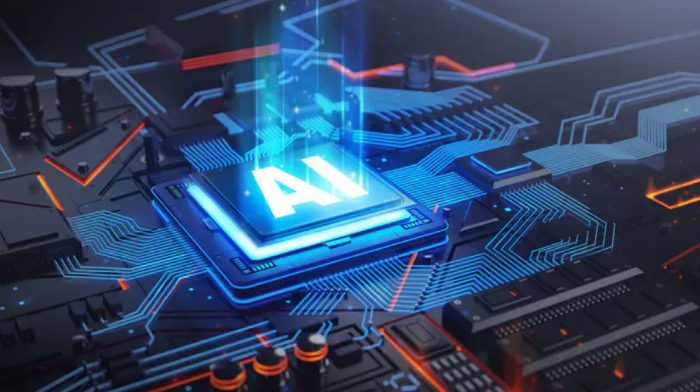In his new book Other People’s Money, Dr. Hillel Gershoni dismantles the myth that artificial intelligence will destroy jobs, arguing instead that history proves innovation always creates more opportunity than it takes away.
While global economists and tech leaders sound alarms over artificial intelligence, Israeli researcher Dr. Hillel Gershoni is striking a markedly different tone. In his new book, Other People’s Money, Gershoni argues that the hysteria surrounding AI and its supposed threat to employment is “just the latest in a long line of misplaced fears about progress.”
In an interview with Arutz Sheva – Israel National News, Gershoni explained that technological panic is nothing new.
“Every generation finds a reason to fear innovation,” he said. “First it was the steam engine, then robots, and now AI. Yet every time, the outcome is the same—society adapts, and life improves.”
He notes that while every wave of innovation brings temporary disruption, it also creates new industries and opportunities. “When computers replaced typewriters, typists lost their jobs,” Gershoni explained. “But entire new sectors emerged—from software to data analytics to cybersecurity. The same dynamic is happening with AI.”
Drawing historical parallels, he compared AI to Ford’s revolutionary assembly line:
“When Ford automated production, unskilled workers could suddenly build cars. Technology didn’t erase jobs—it democratized them.”
Gershoni firmly rejects the notion that AI will render humanity obsolete. Instead, he envisions a future where work becomes a choice rather than a survival necessity.
“If, fifty years from now, AI can provide everything—food, homes, even space travel—it could mean abundance, not destitution. A near-paradise where people devote time to meaning, creativity, and family.”
The author emphasizes that technological growth has historically increased leisure and prosperity, not poverty. “Mechanization gave us weekends, vacations, and more free time. Whether we use that time wisely is our responsibility—not technology’s failure.”
While dismissing most apocalyptic forecasts as “media-driven alarmism that sells books,” Gershoni concedes one legitimate concern: AI’s potential use in warfare or global catastrophe. Yet even that, he says, remains “a distant and speculative fear.”
Ultimately, Gershoni’s thesis reflects Israel’s own innovative spirit—embracing technology as a tool for progress rather than a harbinger of doom.
“Progress always involves creative destruction,” he said. “Some lose, others gain—but humanity as a whole moves forward.”
As the world debates AI ethics and economic policy, Gershoni’s message is refreshingly clear: fear stagnates progress—faith in human ingenuity fuels it.





